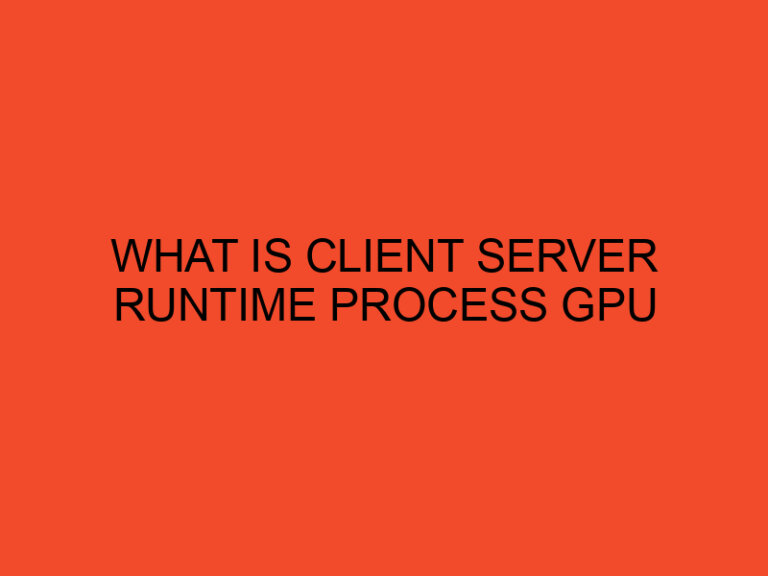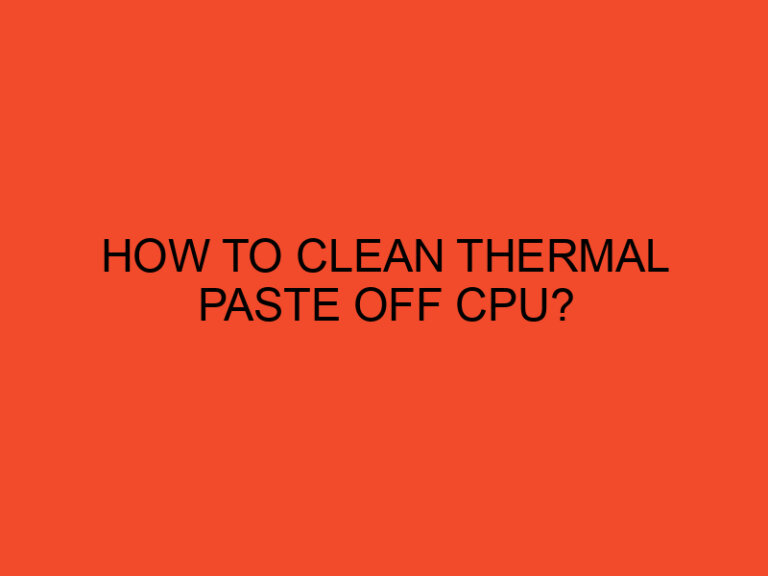When it comes to building or upgrading a computer, one of the most important decisions you’ll make is choosing the right CPU. There are many options available, including retail CPUs and OEM CPUs. In this article, we’ll be focusing on OEM CPUs, what they are, and the advantages and disadvantages of using them in your system.
Table of Contents
What is an OEM CPU?
OEM stands for Original Equipment Manufacturer, which refers to companies that produce computer components for other companies to use in their products. An OEM CPU is a processor that is manufactured and sold by a company like Intel or AMD to other computer manufacturers, who then use it to build their own computers. These CPUs are often sold in bulk and come without retail packaging or a warranty.
Advantages of using an OEM CPU
Cost
One of the main advantages of using an OEM CPU is the cost. OEM CPUs are often cheaper than their retail counterparts, as they do not come with a retail box, heatsink, or fan. This makes them a good choice for those who are building a computer on a budget.
Customization
Another advantage of using an OEM CPU is the ability to customize your system. Since OEM CPUs are sold in bulk, computer manufacturers can order specific models with custom specifications. This means that if you’re building a computer with specific requirements, you may be able to find an OEM CPU that fits your needs better than a retail CPU.
Better performance
In some cases, OEM CPUs may perform better than retail CPUs. This is because OEM CPUs are often designed specifically for use in certain systems, which means they can be optimized for specific tasks. For example, an OEM CPU used in a server may be optimized for multi-threaded applications, making it more efficient than a retail CPU.
Disadvantages of using an OEM CPU
No warranty
One of the main disadvantages of using an OEM CPU is the lack of a warranty. Since OEM CPUs are sold without retail packaging, they do not come with a warranty from the manufacturer. This means that if the CPU fails, you may not be able to get a replacement.
No retail box
Another disadvantage of using an OEM CPU is the lack of a retail box. While this may not seem like a big deal, the retail box often includes important information such as the model number, speed, and core count of the CPU. Without this information, it can be difficult to identify the CPU.
No heatsink or fan
OEM CPUs also do not come with a heatsink or fan. This means that you will need to purchase a separate cooling solution for your CPU. While this may not be a problem for experienced builders, it can be a challenge for those who are new to building computers.
Conclusion
In conclusion, OEM CPUs can be a good choice for those who are building a computer on a budget or who have specific requirements for their system. They are often cheaper than retail CPUs and can be customized to fit your needs. However, they do come with some disadvantages, such as the lack of a warranty and retail box, and the need to purchase a separate cooling solution.
FAQs
Are OEM CPUs faster than retail CPUs?
In some cases, OEM CPUs may perform better than retail CPUs. This is because they can be optimized for specific tasks.
Do OEM CPUs come with a warranty?
No, OEM CPUs do not come with a warranty from the manufacturer.
Can I use an OEM CPU in a gaming computer?
Yes, you can use an OEM CPU in a gaming computer. However, you will need to make sure that the CPU is powerful enough to handle the demands of modern games.
Can I overclock an OEM CPU?
Yes, you can overclock an OEM CPU, but you need to make sure that you have adequate cooling and that your motherboard supports overclocking.






